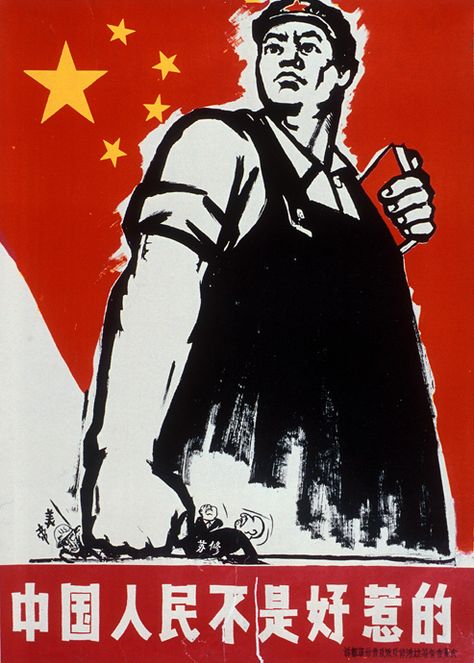I have been practicing international law for so long that I can understand English language lawyer emails from just about anywhere in the world, pretty much no matter how poor the English. I love explaining emails in Kanglish (Korean-English) or Chinglish (Chinese-English) to someone who has no clue what it says. Well you see, “maybe” in Kanglish means “no way” and “we can do that” in Chinglish means “very unlikely.” You get the point.
I feel the same way about reading the China Daily. It takes years with that newspaper to be able to cull out the inner meaning of its articles and I consider myself somewhat a master at it.
The China Daily story that precipitated this post is No discrimination over China contracts, and it fits into the following common genera (plural of genus) of China Daily stories:
- Me Thinks Thou Doth Protest Too Much/Stopping the Buzz. This is the China Daily article that comes out after weeks or months of rumors about something completely true. The goal of this article is to disprove that which everyone knows to be true.
- Too Categorical to be True. This is one of my favorites because one knows instantly from the title that it just cannot be true.
This China Daily article proclaiming no discrimination against foreign businesses in China starts out by noting “rising complaints from major trading partners that foreign companies are being treated unfairly in China’s huge and rapidly growing public procurement market”. It then dispenses with this “silly” idea by quoting “Peter Duncan” (who the hell is he anyway?) who tells us that he doesn’t see discrimination against foreign businesses in China:
Duncan and some other foreign business people who have been working closely with their Chinese partners and clients have a rather different perception. They say they suspect the perception of “unfairness” stems from a misunderstanding of the rules and the less obvious nuances of doing business in a different culture. Duncan says that the experience of his company in China can help ease foreigners’ concern about the complicated rules.
I ain’t buying it.
For years, my law firm’s China lawyers heard little about this sort of discrimination from our American (North and South) and European and Australian clients who sold goods and services into or in China. But in the last three to five months, we have been hearing so many complaints we are thinking someone from on high in Beijing issued some sort of directive. Our clients who sell to China from overseas are telling us that if they do not form a China WFOE or a China Joint Venture, the State Owned Entity (SOE) to which they have been selling their product or service will likely be “required” to stop buying from them. Some of our clients with China WFOEs are telling us that their SOE customers are suggesting business would be better for them if they were to go into a joint venture with a Chinese company.
The companies from which we are hearing these things are some of our most China-experienced clients and they (and a bunch of other people) are talking about this now because they are seeing and feeling the difference.
It is getting to the point where our lawyers are telling clients that if they want to sell goods/services to Chinese SOEs the best way to do so is through a Joint Venture, the next best way is via a WFOE, and the third best way is via a foreign (non-Chinese) entity.
What are you seeing/hearing out there? Who do you trust, my clients or the China Daily?
UPDATE: In China treating foreign companies unfairly, AP writes about a just released European Chamber of Commerce report in which “43 percent of 598 European companies see Beijing discriminating against foreign businesses, up from 33 percent in a similar survey last year.”

























